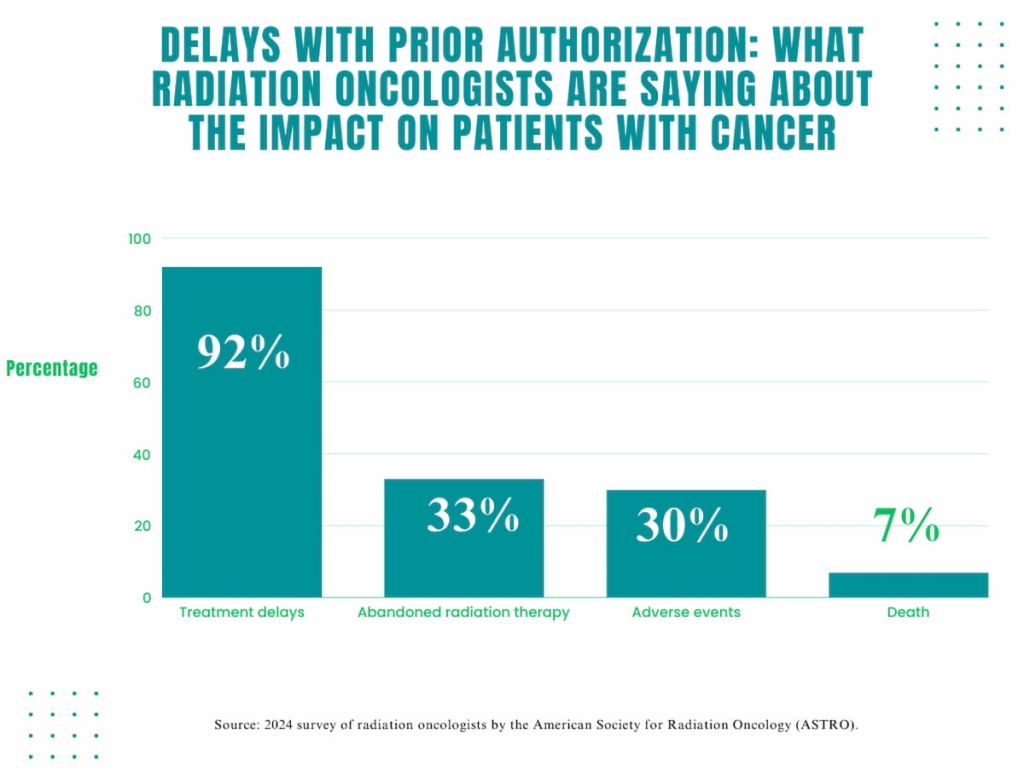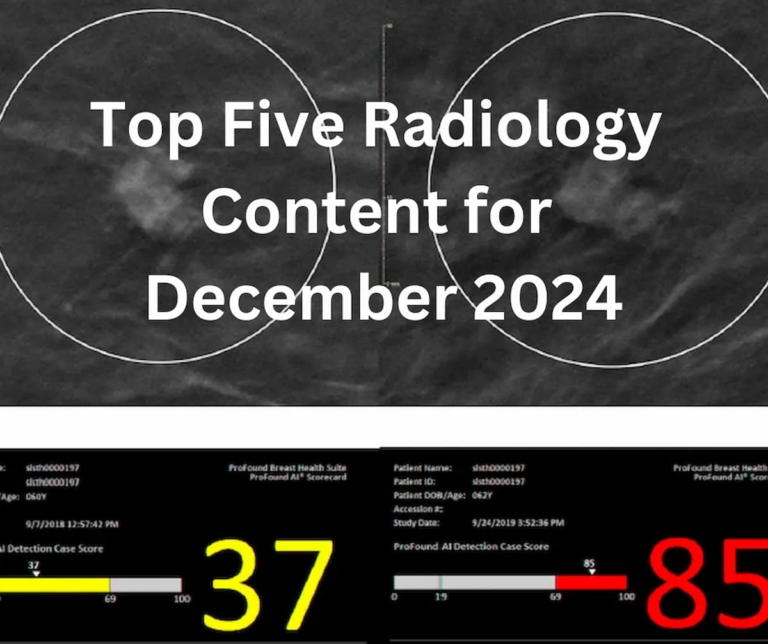
Prior Authorization Delays Causing Harm to Cancer Patients
Prior authorization delays have become a major issue in the field of radiation oncology, with a recent survey by the American Society of Radiation Oncology (ASTRO) revealing the significant impact on cancer patients. The survey, conducted in the fall of 2024, gathered responses from over 750 radiation oncologists, and the findings are quite alarming.
According to the survey, 92 percent of the respondents reported delays in treatment due to challenges with prior authorization. These delays have led to some patients abandoning their radiation treatment altogether, with 33 percent of the survey participants indicating this as a consequence. Additionally, 30 percent of the respondents noted that these delays have resulted in adverse events, ranging from emergency room visits to permanent disability.
The most concerning statistic from the survey is that 7 percent of the radiation oncologists indicated that prior authorization delays have contributed to a patient’s death. This is a staggering and unacceptable figure, as these delays should never lead to such tragic outcomes.
The survey also revealed that the issue has been worsening over time, with 60 percent of the respondents stating that prior authorization challenges have “increased greatly” in the last three years. Furthermore, 68 percent of the radiation oncologists noted that the average prior authorization delay is five days or longer, an increase of 16 percent from a similar ASTRO survey conducted in 2020.
The impact of these prior authorization delays extends beyond patient care, as the survey respondents also noted significant challenges for their staff. Eighty percent of the respondents said that the prior authorization process has led to reallocated staff time, and 57 percent stated that navigating prior authorization has significantly worsened staff burnout.
One of the key issues highlighted in the survey is the lack of transparency from insurers regarding the prior authorization review process. Forty-nine percent of the respondents cited insufficient transparency as a major concern, emphasizing the need for a “real-time process for coverage decisions.”
In response to these findings, ASTRO’s Chair of the Board of Directors, Dr. Howard M. Sandler, has called for immediate action. He has expressed hope that the current ASTRO-supported bill, the “Improving Seniors’ Timely Access to Care Act of 2024,” will address the issues with prior authorization delays and help to protect cancer patients from these life-threatening delays.


